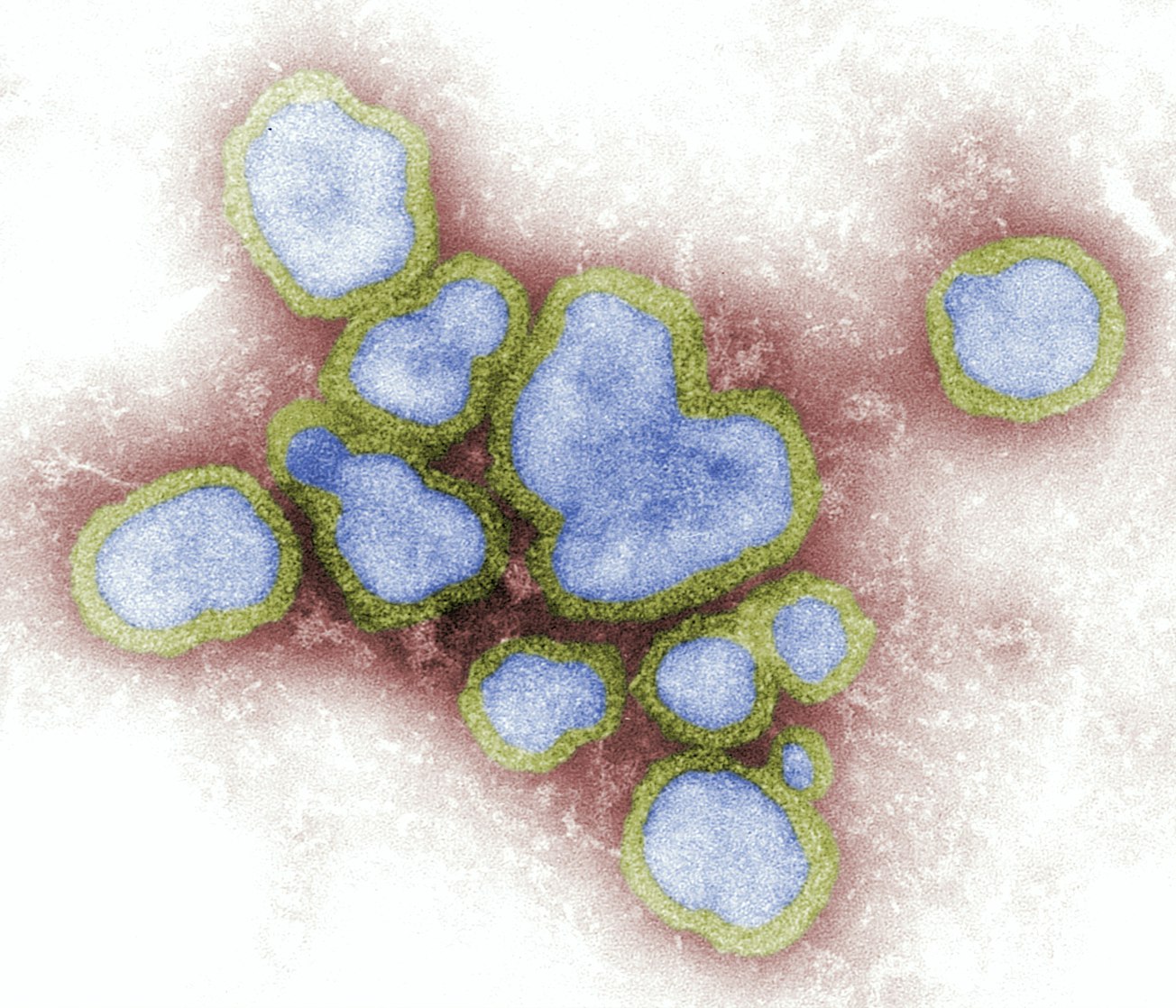What is it about?
Hundreds of millions of people worldwide live under the risk of infections caused by viruses like chikungunya virus (CHIKV), dengue virus (DENV), and zika virus (ZIKV). So far, neither any drug exists against the infection by a single virus, nor against co-infection. The results described in our study can serve as a starting point to develop a potent inhibitor to combat CHIKV and ZIKV co-infections.
Featured Image

Photo by CDC on Unsplash
Why is it important?
A growing appearance of vector-borne diseases (VBDs) due to climate change can be observed world wide . VBDs are mainly viruses whose vectors (arthropods) are "migrating" from tropical regions (e.g. CHIKV, DENV or ZIKV). Growing case numbers can hit us in an unprepared way, which can lead to strong interference with the public health, social and economic sectors. Our results are a starting point to develop antivirals to combat such emerging viral diseases.
Perspectives
Writing this article was a great pleasure as it has co-authors with whom I have had long standing collaborations. This work is not just a identification of natural plant inhibitors targeting virus proteases. In addition, we wanted to demonstrate the potential problem of virus co-infections and the re-appearance of viruses and their vectors depending on the climate change.
Dr. Raphael Eberle
Forschungszentrum Jülich, Jülich, Germany
Read the Original
This page is a summary of: In vitro study of Hesperetin and Hesperidin as inhibitors of zika and chikungunya virus proteases, PLoS ONE, March 2021, PLOS,
DOI: 10.1371/journal.pone.0246319.
You can read the full text:
Resources
Contributors
The following have contributed to this page










